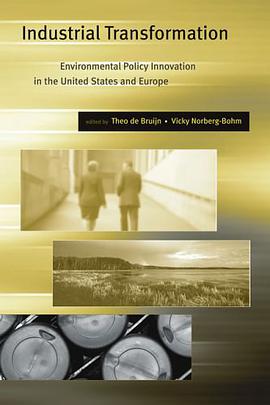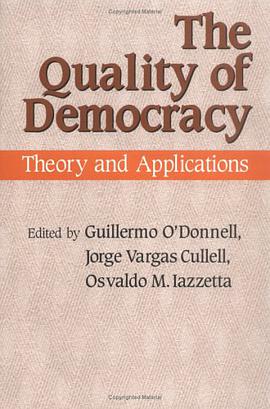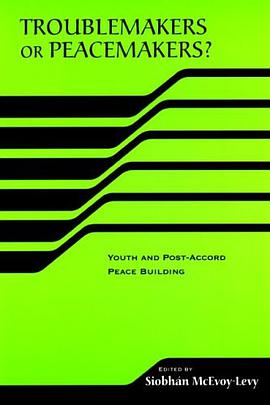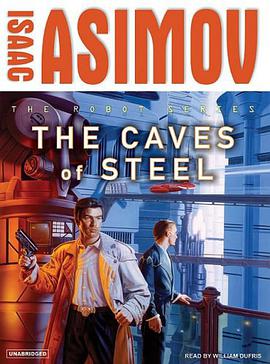

具體描述
Demonstrates that studying the history of intelligence enriches our understanding of its role in international relations today Intelligence has never been a more important factor in international affairs than it is today. The 9/11 commission in the US, and the Hutton Report in Britain, have placed intelligence, and its (mis)use by politicians, at the heart of political debate. Since the end of the Second World War, vast intelligence bureaucracies have emerged to play an increasingly important role in the making of national policy within all major states. One of the biggest problems within the contemporary thinking about intelligence and international relations is a lack of historical context. Observers routinely comment on the challenges facing intelligence communities without reflecting on the historical forces that have shaped these communities over the past two centuries. Intelligence and Statecraft explores the constant nature and limits of intelligence, and examines how the practices of intelligence collection and analysis have remained essentially unchanged since the Roman era - rendering intelligence little or no more effective in reducing uncertainty at the dawn of the twenty-first century than in centuries past. The contributors in this volume consider the causes and consequences of this as well as its impact on war, strategy, and statecraft. The new perspectives presented in this volume on the evolution of intelligence services and intelligence practice over the past 200 years can only enrich ongoing debates over how best to reform national intelligence structures.; Places modern controversies over intelligence in their historical context
著者簡介
圖書目錄
讀後感
評分
評分
評分
評分
用戶評價
相關圖書
本站所有內容均為互聯網搜索引擎提供的公開搜索信息,本站不存儲任何數據與內容,任何內容與數據均與本站無關,如有需要請聯繫相關搜索引擎包括但不限於百度,google,bing,sogou 等
© 2025 book.quotespace.org All Rights Reserved. 小美書屋 版权所有




















